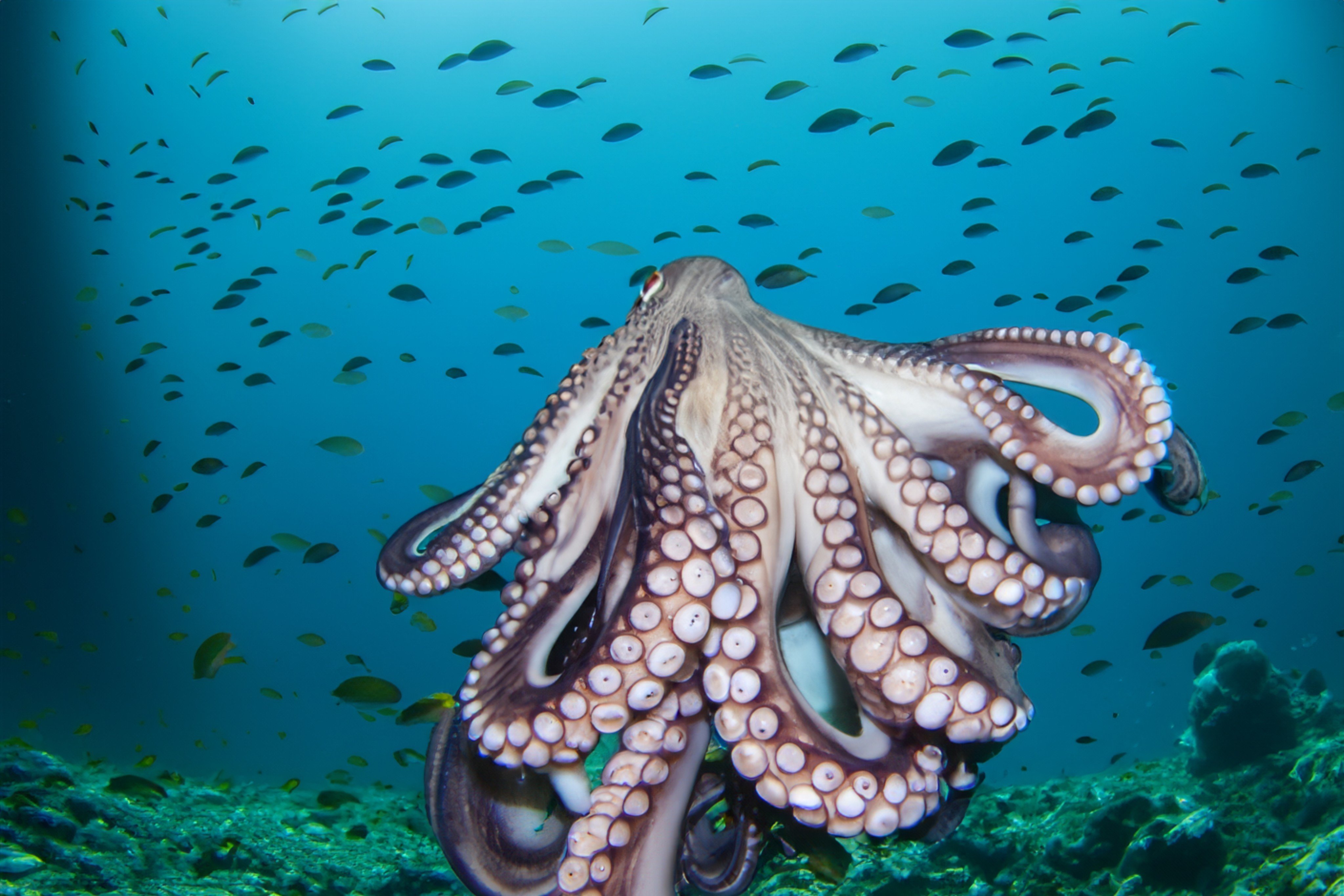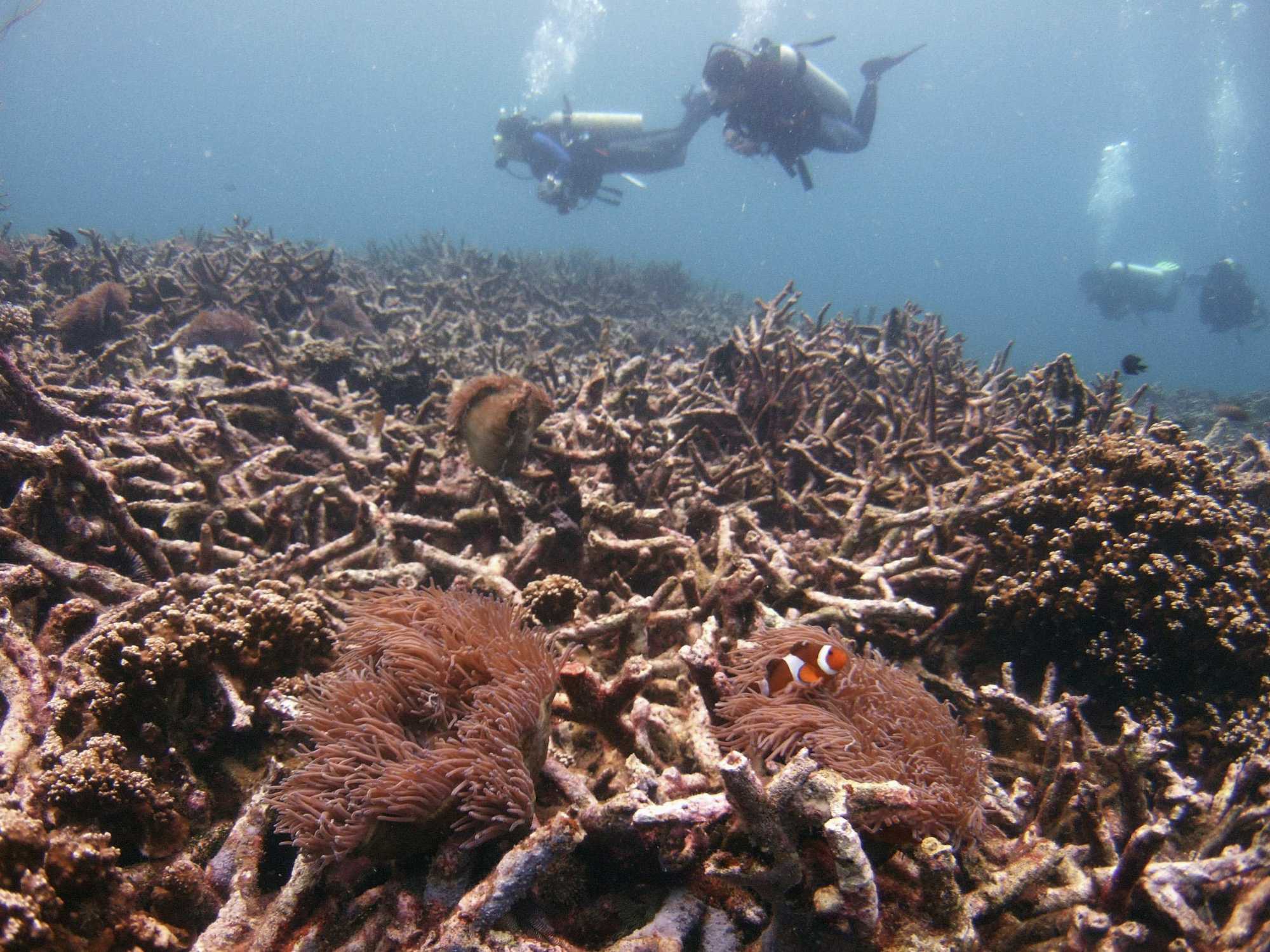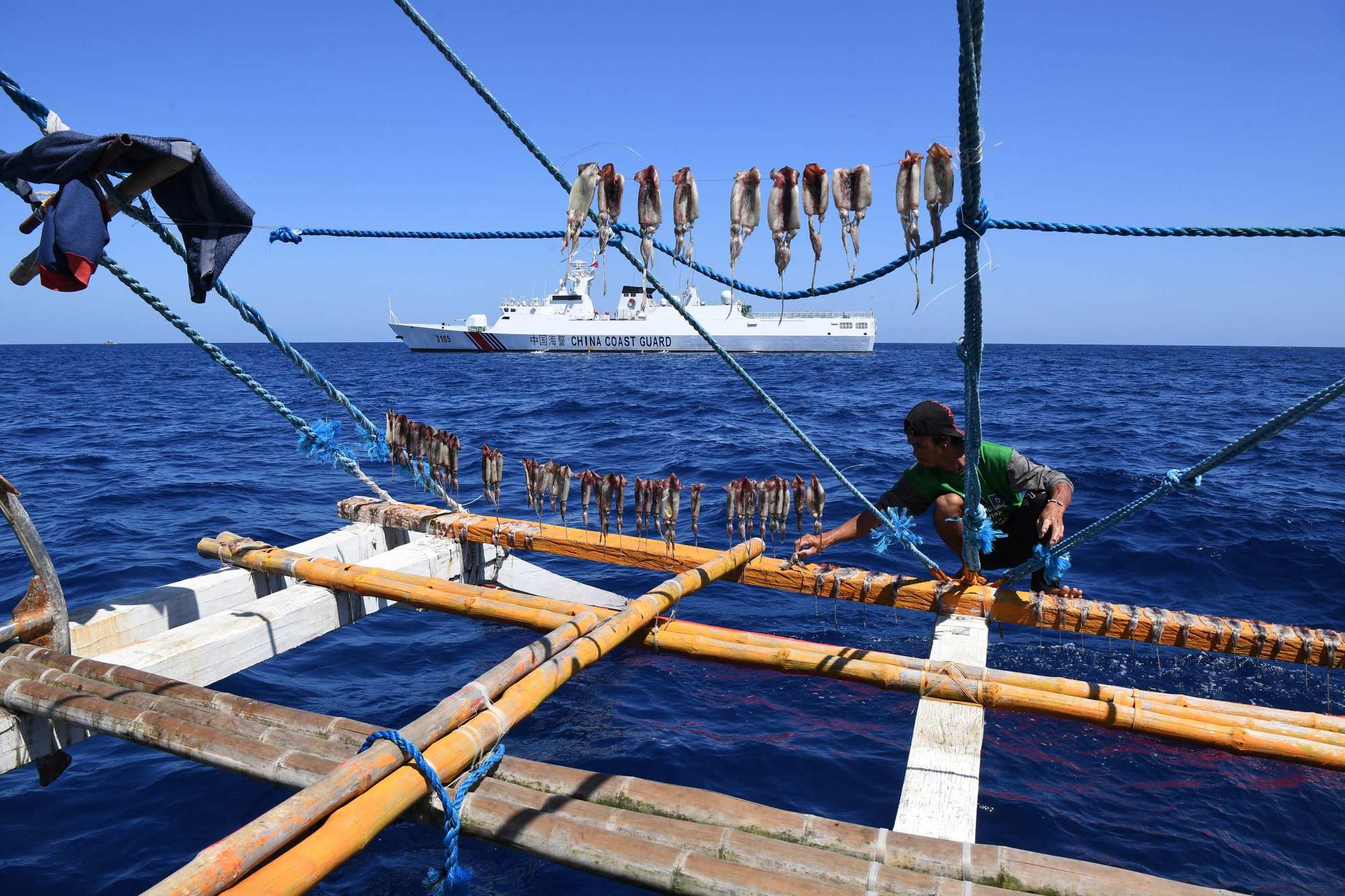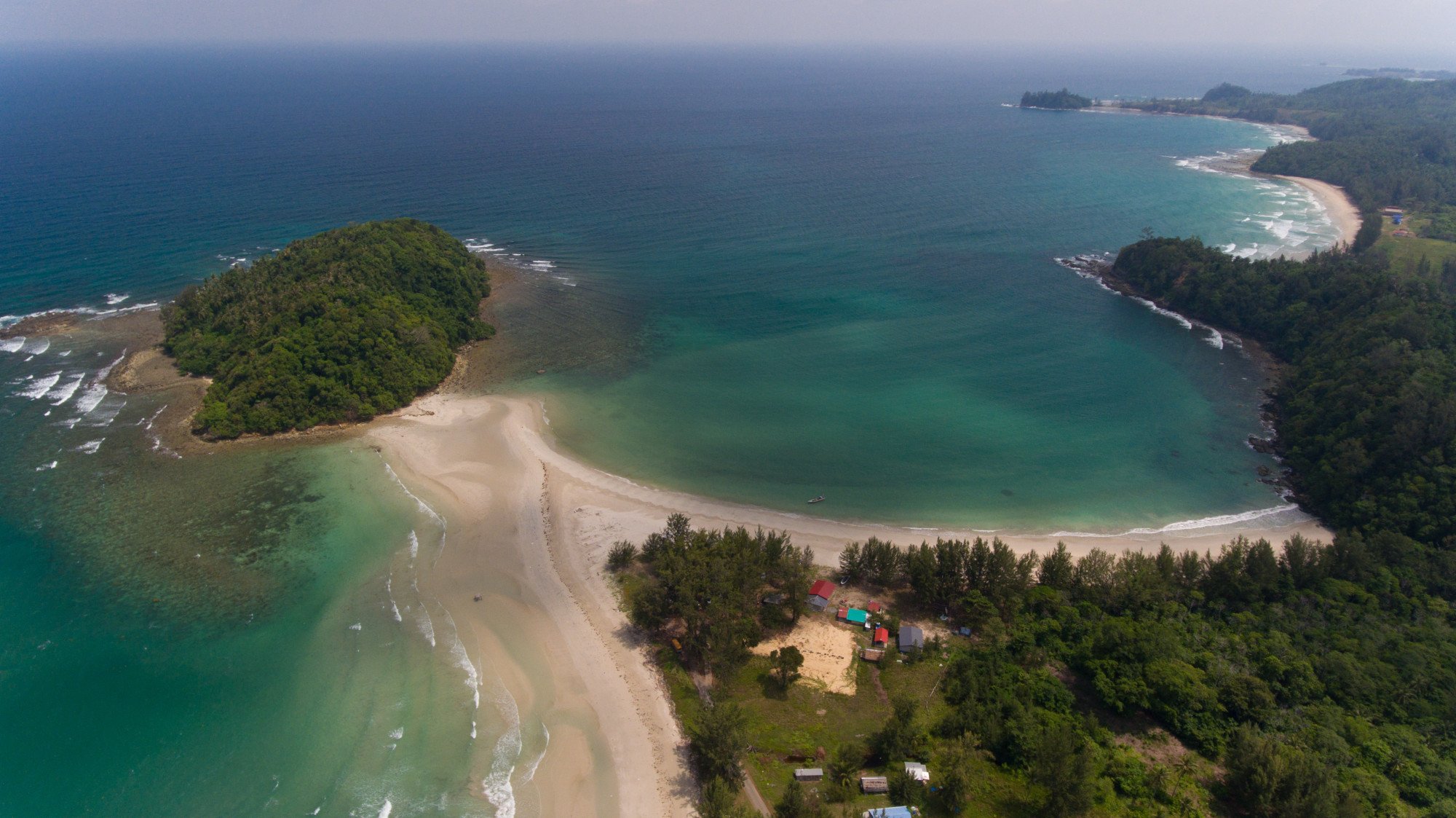Philippines urged to ratify UN marine resource treaty or risk being sidelined
France is seeking ratification of the High Seas Treaty by at least 60 countries ahead of the UN Ocean Conference in Nice next week

France is stepping up its diplomacy in Asia to gather support for a key United Nations treaty on marine resource protection, warning that any delay in its ratification could leave the Philippines and other regional countries on the sidelines of a crucial global conference next week.
Only 29 countries have ratified the landmark High Seas Treaty – also known as the Marine Biodiversity of Areas Beyond National Jurisdiction (BBNJ) treaty – which requires ratifications by at least 60 countries to take effect. One of 116 signatories, the Philippines signed the treaty in 2023 but has yet to ratify it.
The treaty aims to regulate and protect marine resources in international waters, which are maritime areas beyond any single country’s jurisdiction. They cover nearly half the Earth’s surface and sustain vital ecosystems and fishing industries across Asia.
Adopted in June 2023, the treaty aims to fill governance gaps in what advocates describe as a “lawless wilderness”, where fragmented oversight has enabled overfishing, pollution and extensive deep-sea mining.
Analysts say the treaty is especially relevant for developing coastal and archipelagic states in Asia, where limited resources and vast exclusive economic zones make enforcement challenging. Concerns over unclear obligations, enforcement costs and industry pushback have hindered its ratification in many countries.
At a forum held in Manila on May 28, French Ambassador Marie Fontaniel urged the Philippines to be among the first 60 countries to ratify the treaty ahead of the UN Ocean Conference in Nice next week.

“But indeed, if we reach 60 ratifications without you in Nice, France, and the treaty will enter into force soon, we don’t want you to be next and not participate in the very first discussions,” Fontaniel told lawmakers and ocean advocates at the forum, which was organised by the High Seas Alliance and Oceana.
She added that the Philippines was “qualified to speak” on the protection of oceans “much more than many other countries”, as it was an archipelagic state that had a high level of exposure to natural disasters.
Manila should ratify the treaty early as it would show that it was maintaining the path of making international law more protective of oceans, said Fontaniel, adding that France had actively engaged foreign partners for months to reach the goal of at least 60 ratifications before the UN conference.
Rizza Sacra-Dejucos, High Seas Alliance Asia’s regional coordinator, said Manila’s ratification of the treaty would send a “strong signal” that it was serious about its commitment to protect 30 per cent of Earth’s land and oceans by 2030.
The treaty is filed under the United Nations Convention on the Law of the Sea (UNCLOS) – the legal framework under which the Philippines won its arbitral case in 2016 against China on its exclusive economic zone in the South China Sea.
Aside from regulating activities, such as fishing and mining, to support the sustainable use of ocean resources, one of the treaty’s key provisions involves the creation of “marine protected areas” to “protect, preserve, restore and maintain biological diversity and ecosystems”.

The treaty is the first legally binding international accord dedicated to the conservation of marine biological diversity in the high seas and the sustainable use of marine resources.
The oceans have long suffered from “fragmented management and a lack of coordinated regulations”, making them susceptible to overexploitation, pollution, and rising threats of climate change, according to High Seas Alliance.
Manila’s commitment on treaty
Many countries have shunned ratifying the treaty due to their perceived high compliance costs, doubts about their enforcement capacity and a lack of clarity over potential benefits, according to analysts.
Dindo Manhit, president of the Manila-based think tank Stratbase-ADR Institute, said that while the treaty “offers a hopeful path for the conservation of the high seas”, its implementation had been delayed due to countries seeking clarifications such as oversight of marine protected areas and steps for local ratification.
Lucio Blanco Pitlo III, a geopolitical analyst and a research fellow at the Asia-Pacific Pathways to Progress Foundation, told This Week in Asia that coastal states might face difficulties in upholding their commitments under the treaty.
“Many developing coastal states, for instance, struggle to patrol their own vast exclusive economic zones, so helping secure areas beyond that may strain their scarce resources. What obligations will the new treaty impose upon coastal states and what happens if they fail to abide by them?” Pitlo said.
“Some countries with significant distant water fishing activities on the high seas may also have reservations, thinking the treaty may adversely affect their industry,” he added.

Getting the support of industries and governments for the treaty is crucial in pushing it towards ratification, according to Pitlo.
Last month, the Philippine foreign affairs department said Manila was committed to ratifying the treaty “early”, but did not specify a timeline.
Vincent Kyle Parada, a former defence analyst for the Philippine Navy and a graduate student at the S. Rajaratnam School of International Studies, said the treaty was crucial in helping the Philippines protect its marine resources for future generations.
“Marine wildlife does not subscribe to artificially constructed lines on a map. They move freely across maritime borders. Coastal waters are already overexploited due to the ever-increasing demand for fish. When states do the same in international waters, they are basically undermining the long-term sustainability of fish populations,” he said.
For the Philippines to ratify the treaty before next week’s UN conference is not realistic, according to Parada. The Senate would have to agree to the ratification followed by its signing by President Ferdinand Marcos Jnr in less than five days, just before the adjournment of Congress, he said.
Nonetheless, the country could ratify the treaty before its global deadline, Parada said.
“As an archipelagic state – and one at the forefront of both traditional and non-traditional security threats – the Philippines has passed several key maritime laws under the Marcos Jnr. administration. I think ratification is realistic and the government has made its reassurances,” he added.